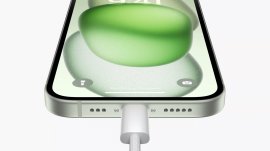Opinion: the Nintendo Switch is only worthwhile as a portable console
One month on, it turns out Ninty's machine is one for the road
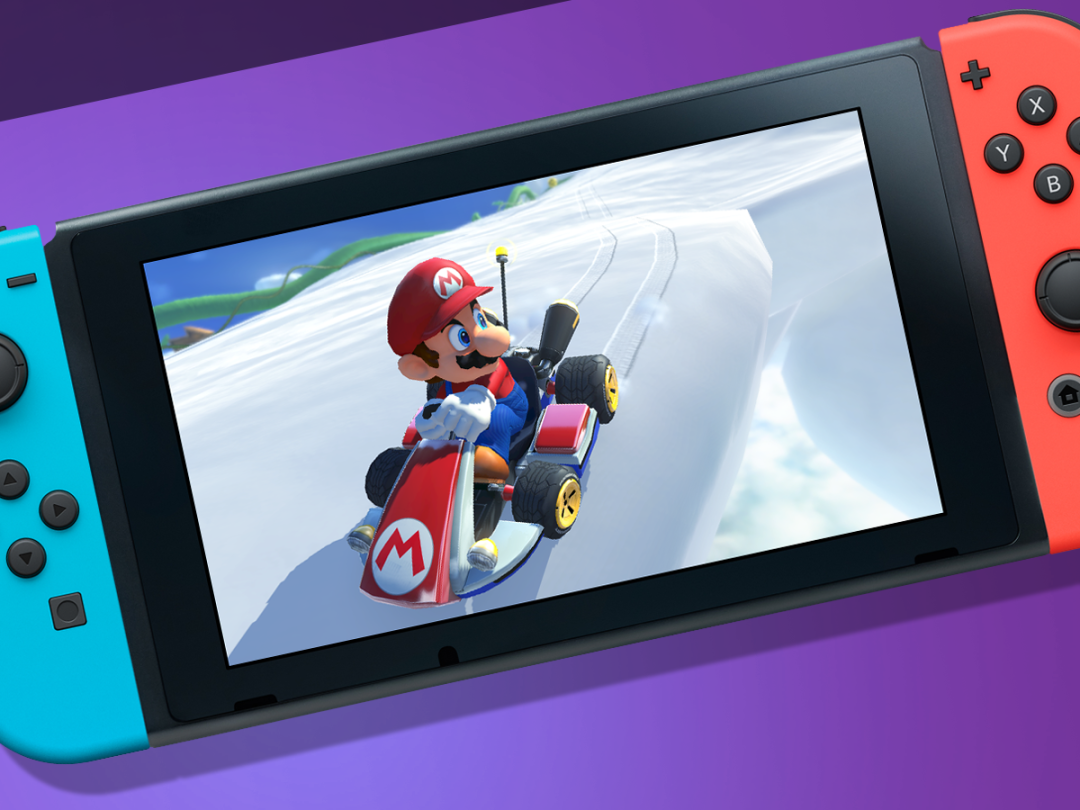
Besides a barebones launch lineup and an early version of a UI that will be receiving major updates later this year, assessing the Switch necessitates looking past the glossy sheen that comes with any exciting gaming device – especially when it’s made by the nostalgia-inducing Nintendo.
And so, when it came down to reviewing the Nintendo Switch, there were a few lengthy debates on what we should score the modular machine. Nobody, though, made the claim that the Switch deserved a perfect score – unlike both the PS4 Pro and Xbox One S.
How could the Switch compete with those behemoths? They offer 4K graphics, a fantastic range of games and hard drives to match your laptop. The Switch has none of these features, and so it would seem that this debate is at an end: the Switch is simply a sub-standard console when compared to its competitors.
But, after a month of having the Switch locked between my hands, I’ve come to a realisation: we’ve been looking at the Switch all wrong. Ninty’s new toy shouldn’t be compared to the PS4, Xbox One or even the Wii U. Instead, it should be examined under the same lens that critiqued the 3DS and the PlayStation Vita.
A console of compromise
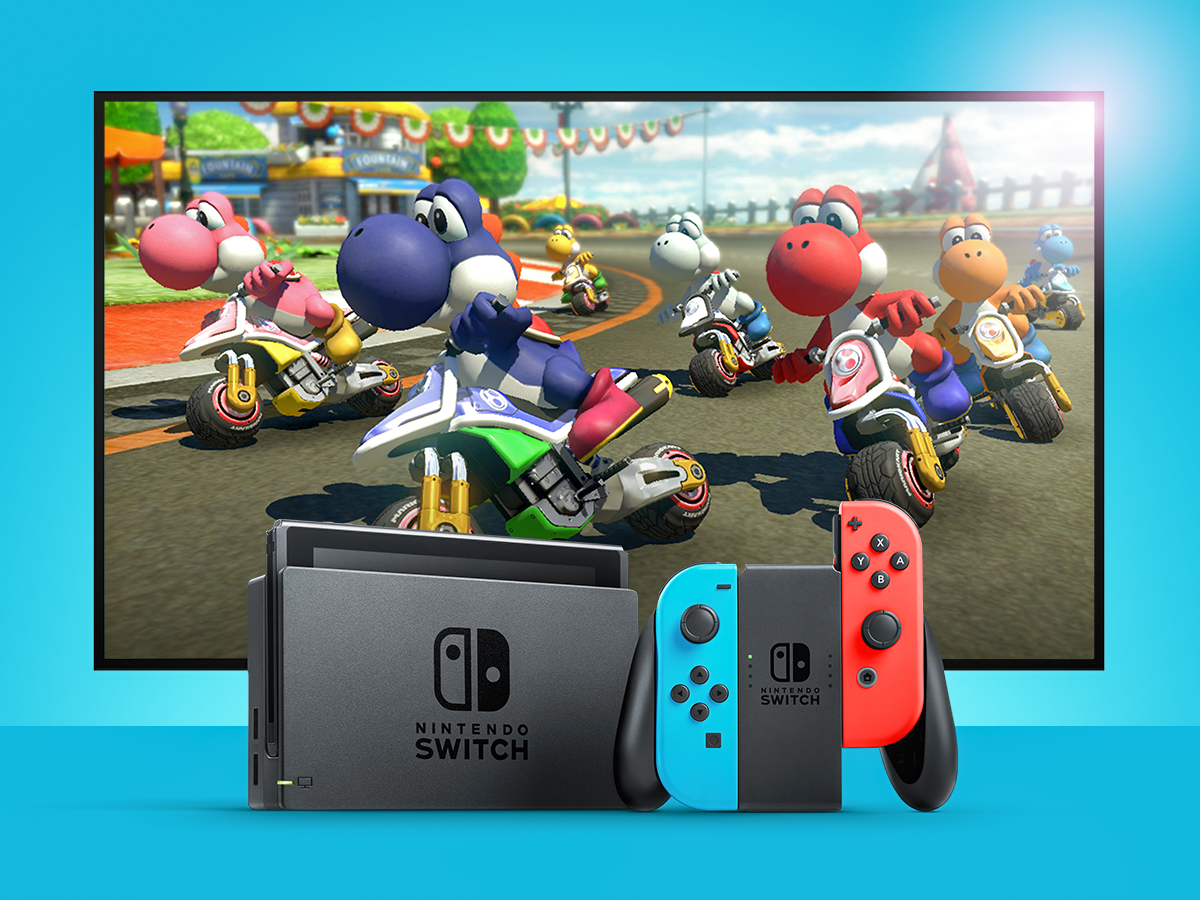
Ever since the Switch was revealed, Nintendo has been describing it as a console that you can take anywhere. But that downplays its strengths.
From my experience, the Switch is a portable first and a home console second. Why? I find it a more engrossing method of play. What’s more, there don’t appear to be any graphical downgrades – if anything, it looks even better on the go – and, after a month of playing, I’ve experienced fewer frame rate drops as a portable compared to when it’s docked.
Sure, personal preference comes into it, but there’s evidence to suggest that this is the conclusion Nintendo wanted me to reach. Think of its flaws for a moment: from its minimal internal memory to the preference of cartridges over discs, every design choice has been made to optimise the Switch’s performance as a handheld device.
But have any of the handheld elements suffered as a consequence of improving the home console experience? Not that I can think of, except for the USB-C port being positioned at the bottom of the Switch to allow for charging via a dock – and the only issue with this design choice is that it’s harder to stand the Switch upright in tablet mode while charging. Hardly a deal breaker.
Just another Wii U?
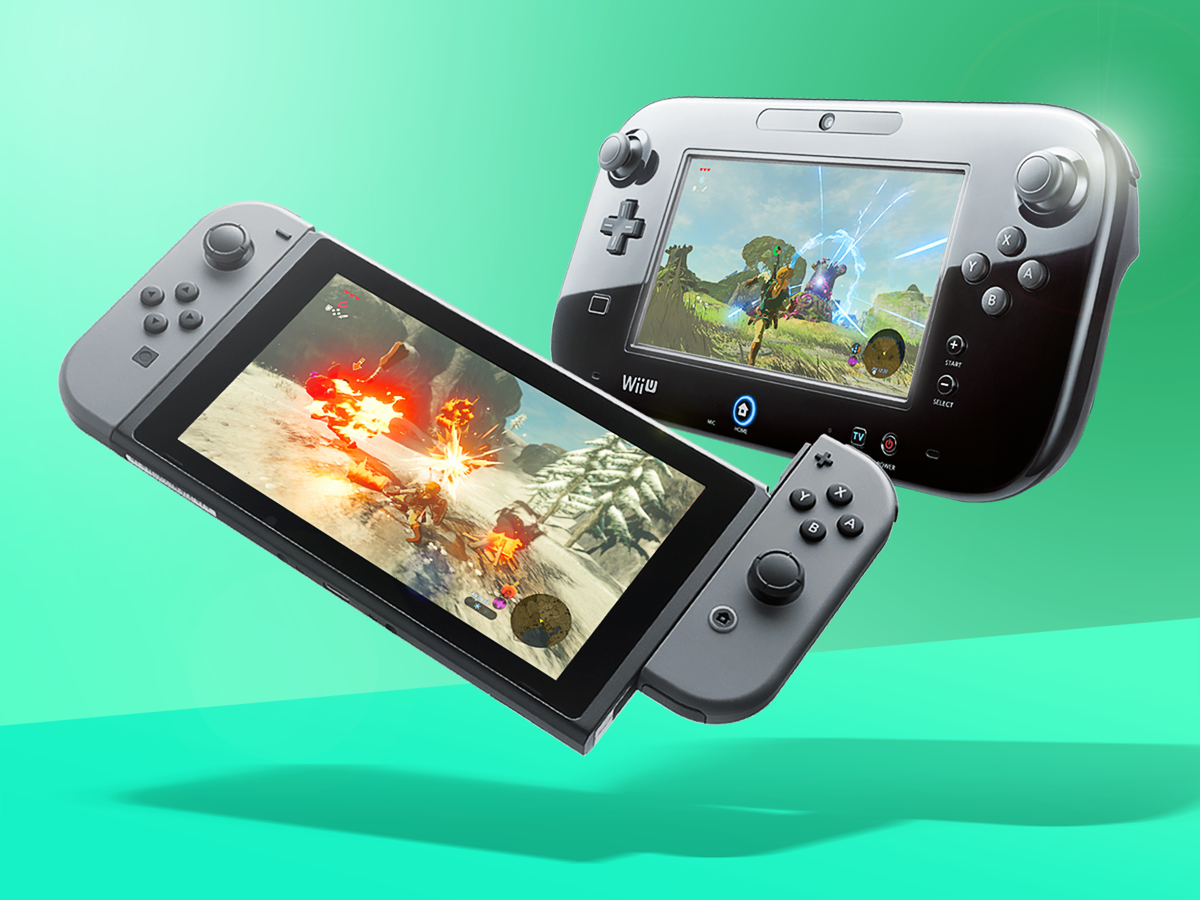
That’s not to say I don’t appreciate the home console form – far from it. Sometimes I want to take in the beauty of Hyrule on my significantly larger TV screen. And, when the likes of Mario Kart and Splatoon 2 launch, my TV will be the preferred way to host split-screen mayhem.
It also works really well. Slotting the Switch into the dock will switch the play to your TV within seconds – and the light build of the dock means that it’s dead easy to transfer to another room or pack away into a bag.
I just can’t help but think, though, that the Switch’s TV mode was an afterthought – a bonus feature that gives the console more diversity. It’s not the best way to experience the Switch, but most people are probably still pleased with its inclusion.
Far from a gimmick, take away the pick-up-and-play element and the Switch is merely an improved Wii U – another disaster in the making. Remove the Switch’s ability to link up to your TV and you still have the best portable gaming device on the market. Which part looks like a gimmick now?
Slaying dragons on the go
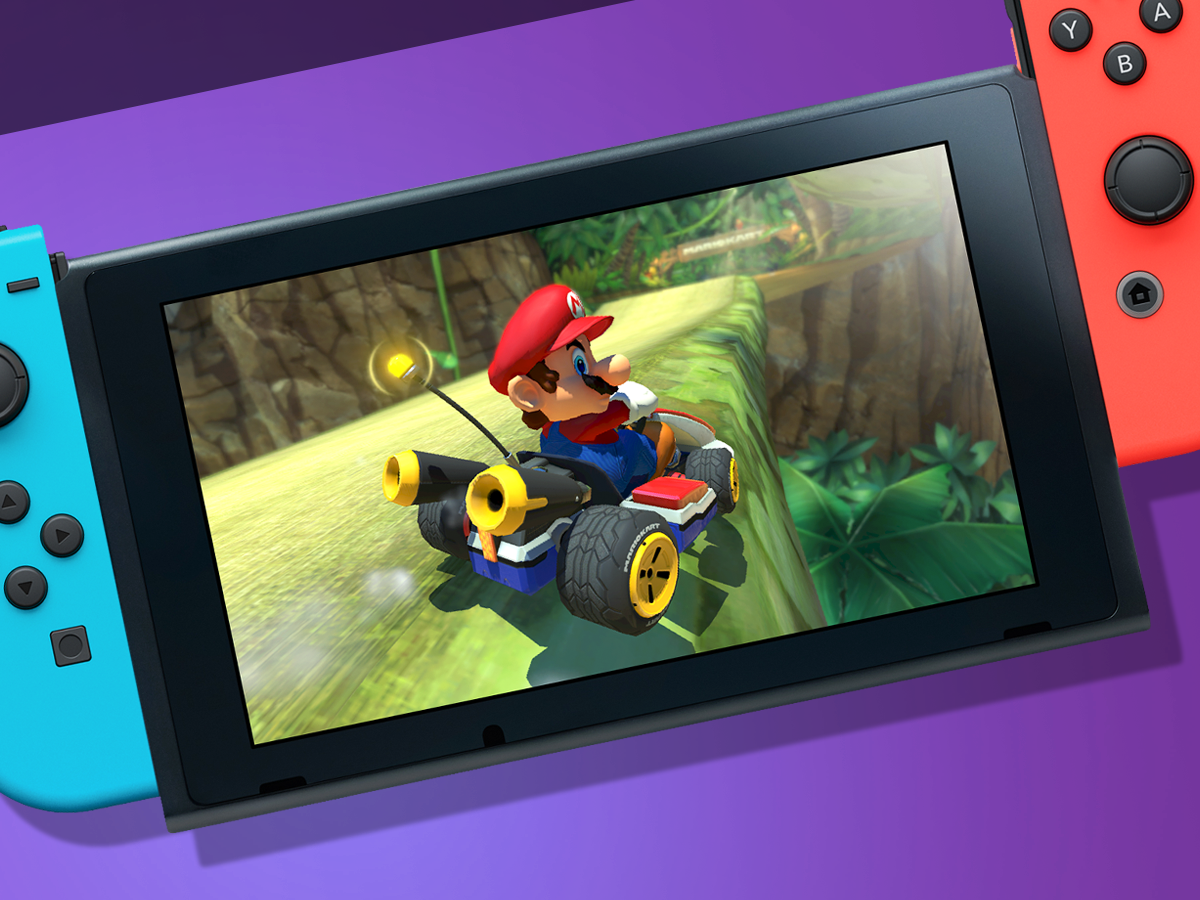
Once you embrace this view, the Switch becomes a lot better. Would I be excited to replay old games like Skyrim and Mario Kart 8 if I couldn’t play them in portable mode? Probably not. But fighting dragons and tossing blue shells is suddenly immensely appealing when I can do it during my three-hour train ride.
The downside is that most of the Switch’s novelty is lost if that portability is of no use to you. Then again, if all you want is a powerful gaming console that hooks up to your television, the likelihood is that your PlayStation 4 or Xbox One already fulfils all of your needs.
Sure, you’ll miss out on a few Nintendo exclusives by not owning a Switch, but if that really bothered you, you’d have bought a Wii U – and few did that. In contrast, if you’ve previously owned a PlayStation Vita or a 3DS, then the Switch will look like a significant upgrade, with superior graphics, a faster processor and the promise of better games.
My 3DS has been gathering dust ever since I picked up a Switch, but my PS4 is still regularly called upon.
Collect those golden coins
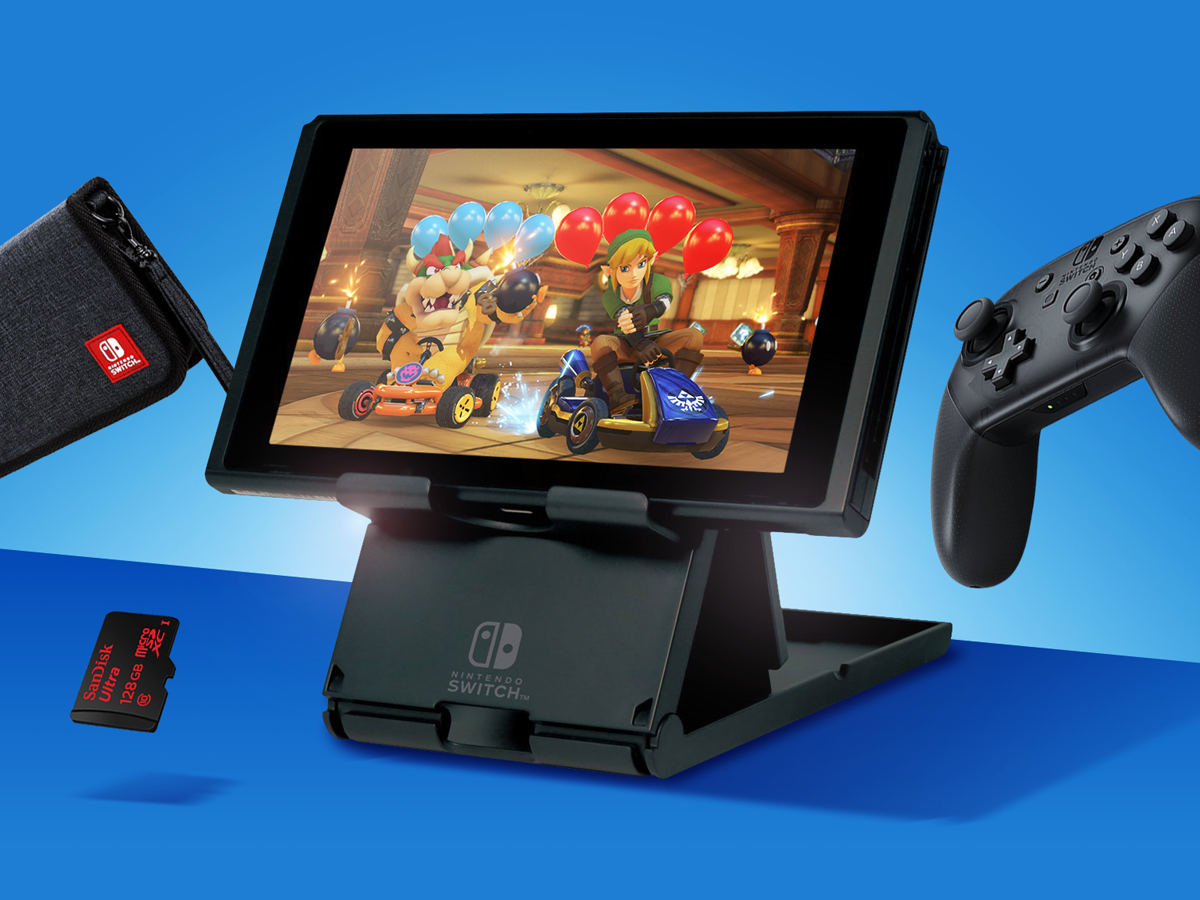
Why, then, has Nintendo insisted on marketing it as a home console? It’s probably a matter of price. At £280, the Switch is similarly priced to other game consoles, not too far off what the PlayStation 4 initially retailed for.
When you consider that it costs around £100 more than any other dedicated gaming portable, the Switch no longer seems like quite the bargain – and the cost doesn’t end there. I was driven to invest in a Pro Controller after the uncomfortable Joy-Con grip failed to impress, and I also felt the need to purchase a microSD card to make up for the Switch’s diddy memory space.
And, since portability is the core strength of the Switch, I’m planning on buying a case and screen protector, too, to avoid scrapes on my travels.
Taking everything into account, the Switch has cost me roughly £400, and that’s excluding the price of the games. No wonder Nintendo wanted me to think that the Switch was a premium console, capable of competing with PlayStation and Xbox – which it is not.
The cake is a lie
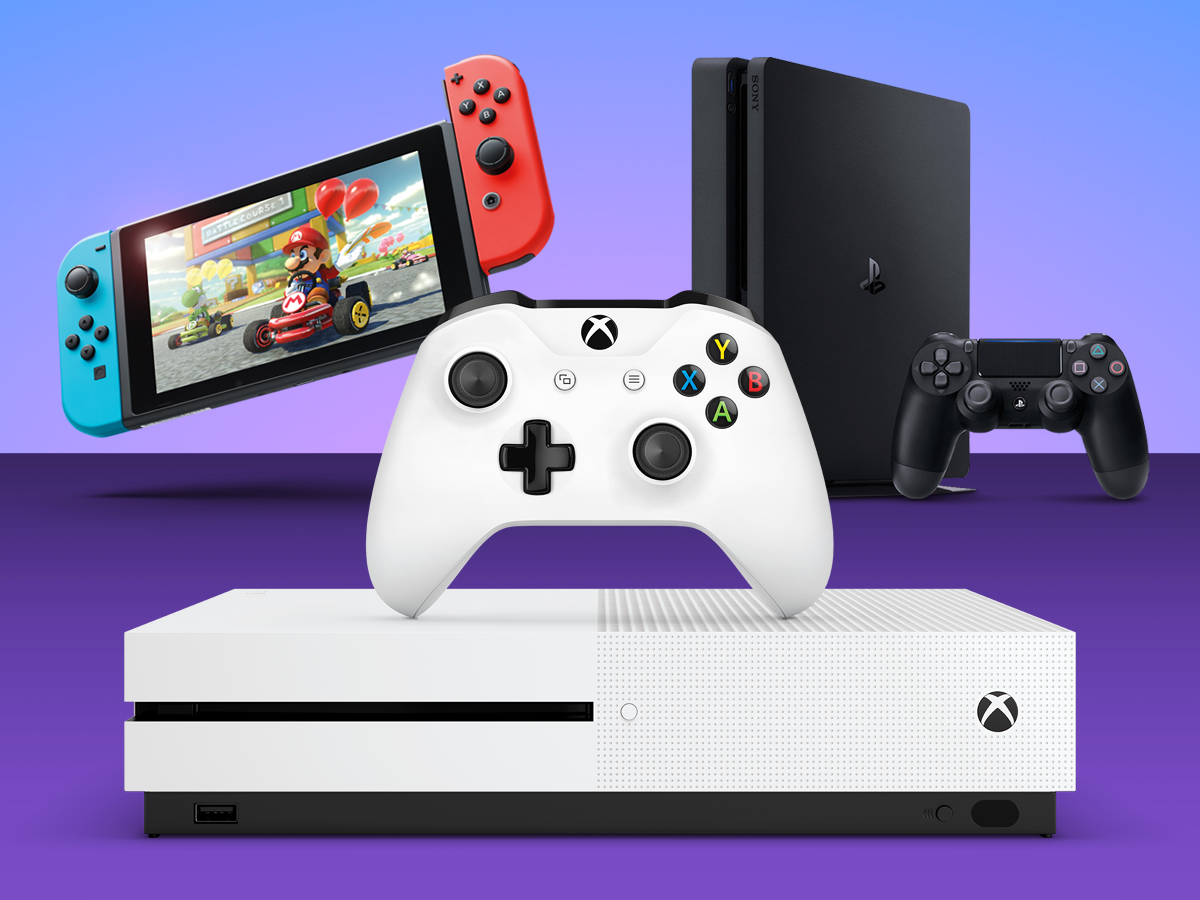
You could say that trying to distinguish whether the Switch is a console or portable first is as pointless as trying to determine whether the Jaffa Cake is a cake or biscuit. But there is some importance in the argument, as potential buyers need to know whether the Switch will be of any use to them.
After playing the Switch for a month I’ve come to the conclusion that it’s really only for two types of people. Firstly, it’s for those who have a use for a portable gaming device, whether that’s because they like to travel or have an exceptionally long commute to work on public transport.
The second type of person is someone so desperate to play Nintendo exclusives that they’re happy to look past the eye-watering price tag. Some might call them crazy, but I’m more inclined to call them dedicated (at least to their face).
Otherwise, I don’t see much of a use for the Switch if you already own a PS4, Xbox One or pimped-up gaming PC. But that’s by no means a criticism. The Switch has a clear identity and selling point, unlike the disastrous Wii U. As long as you know what you’re getting, the Switch is a sound investment – although it’s probably best to wait until Christmas for a better value bundle.


